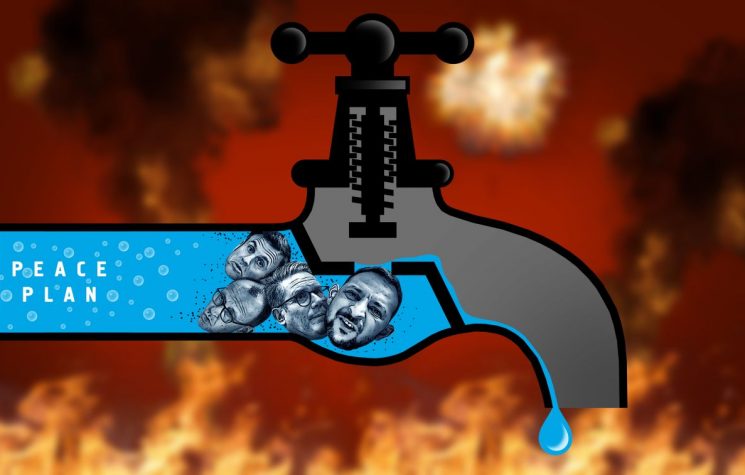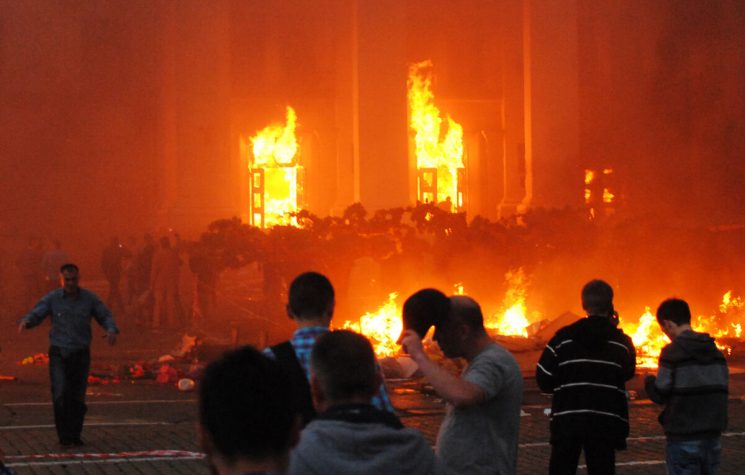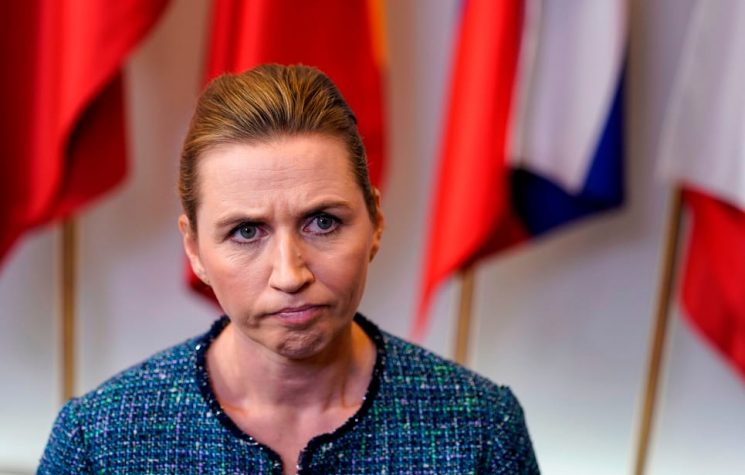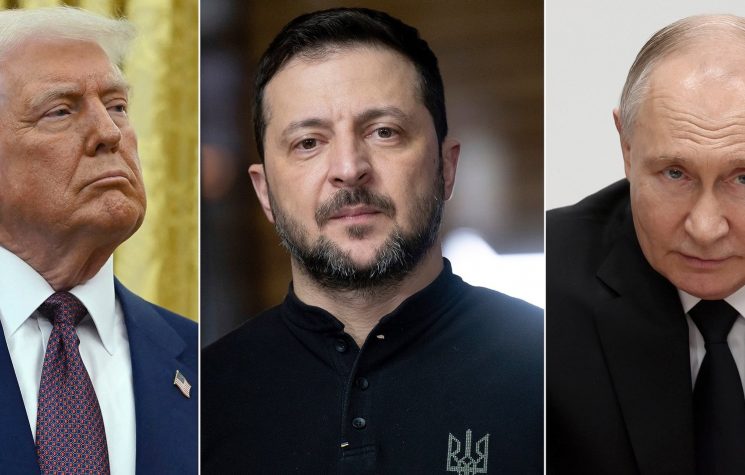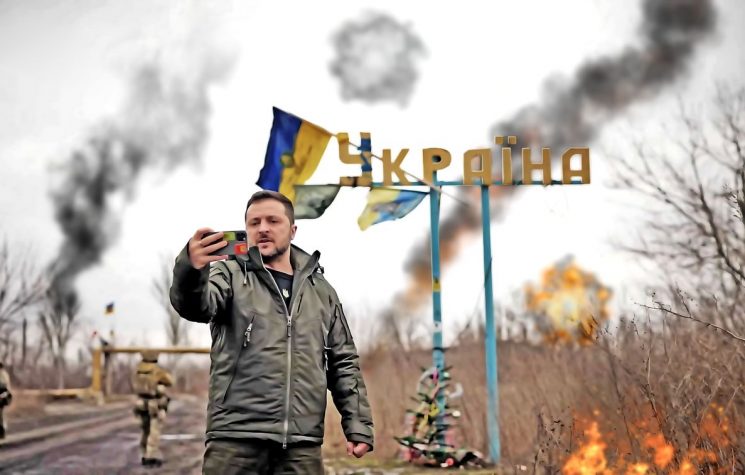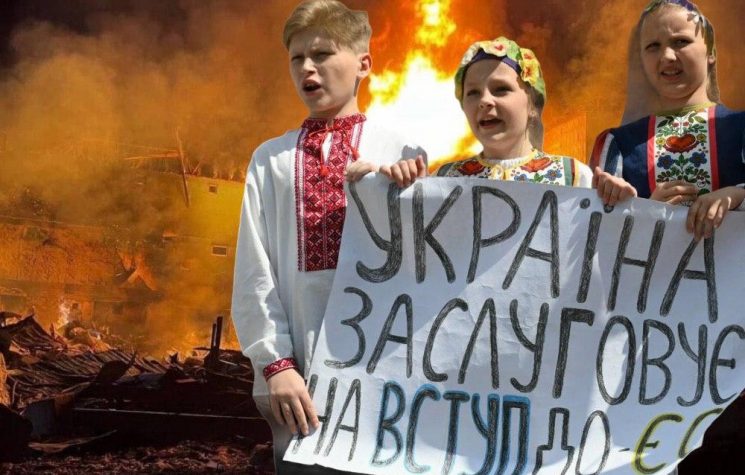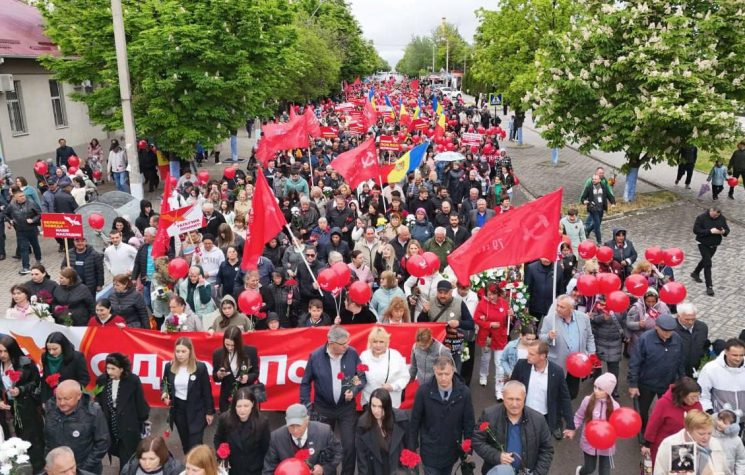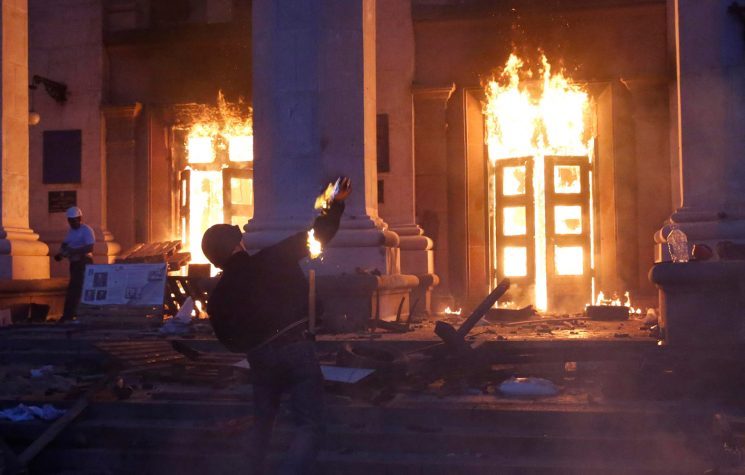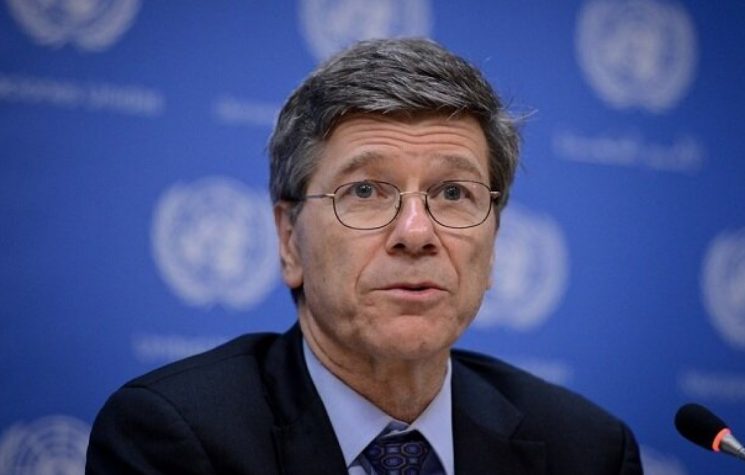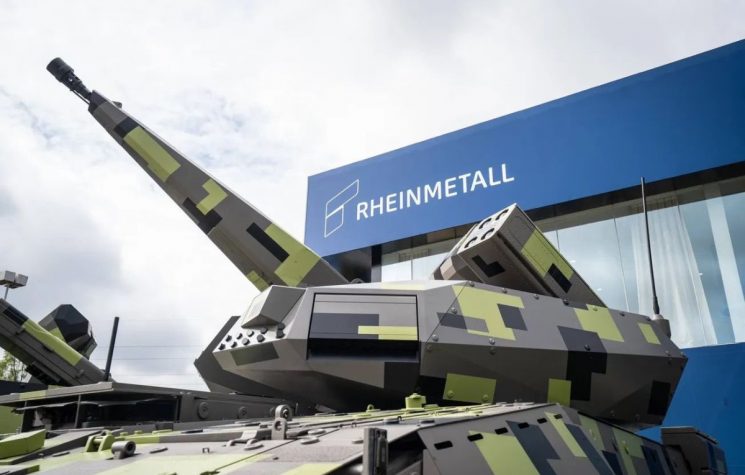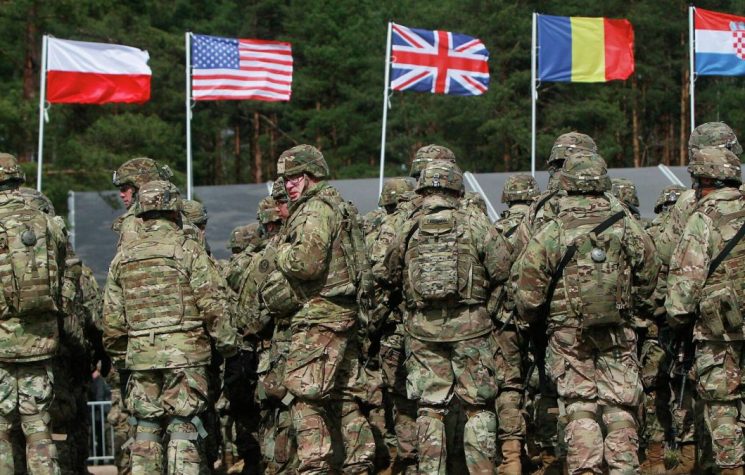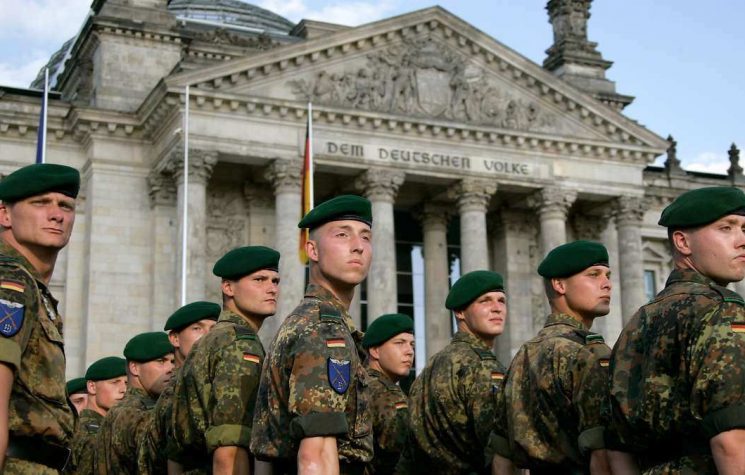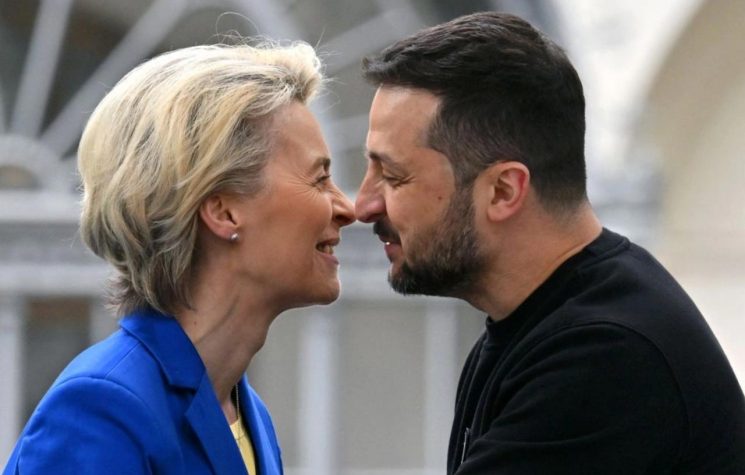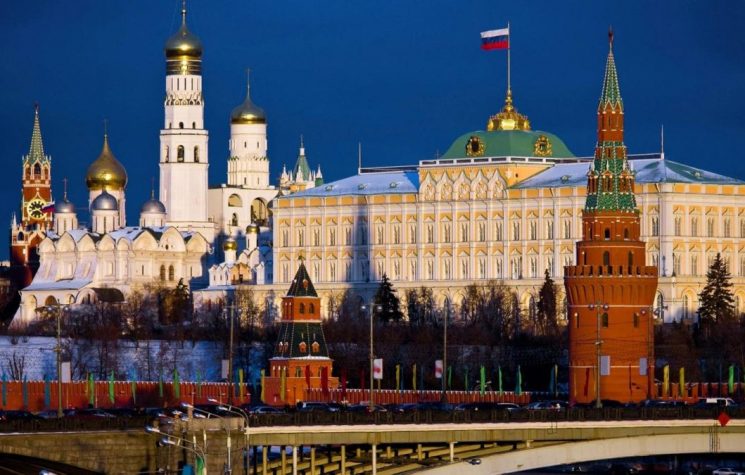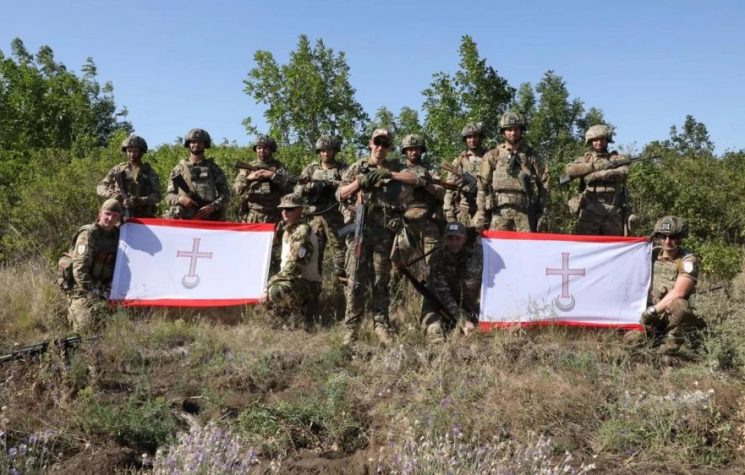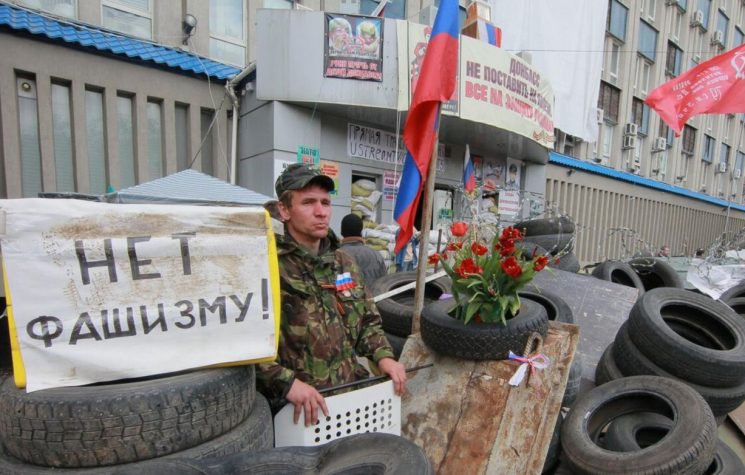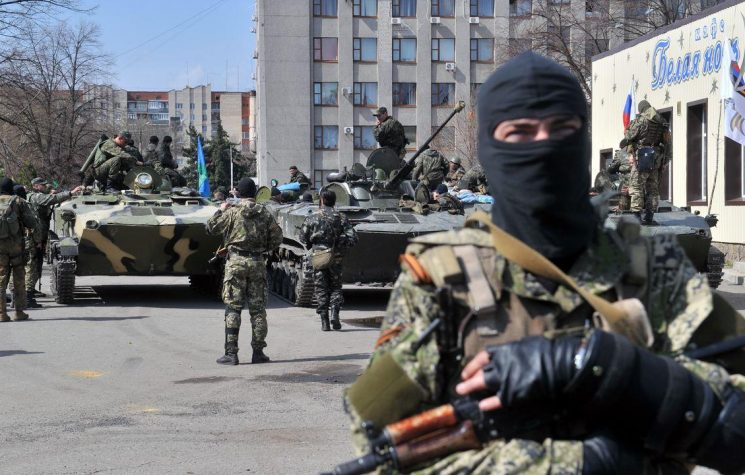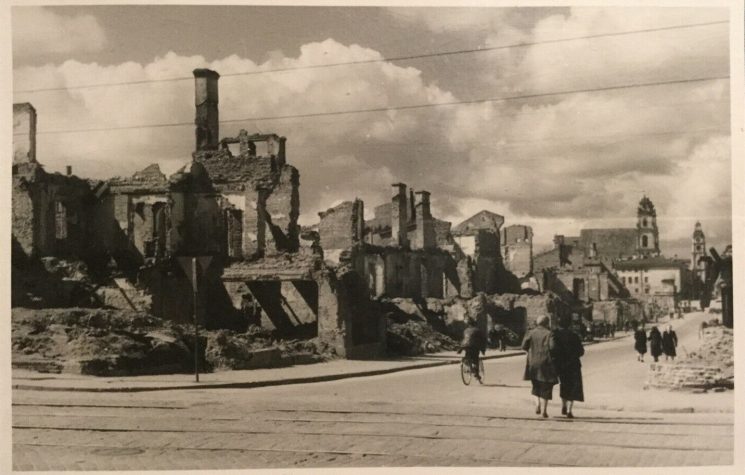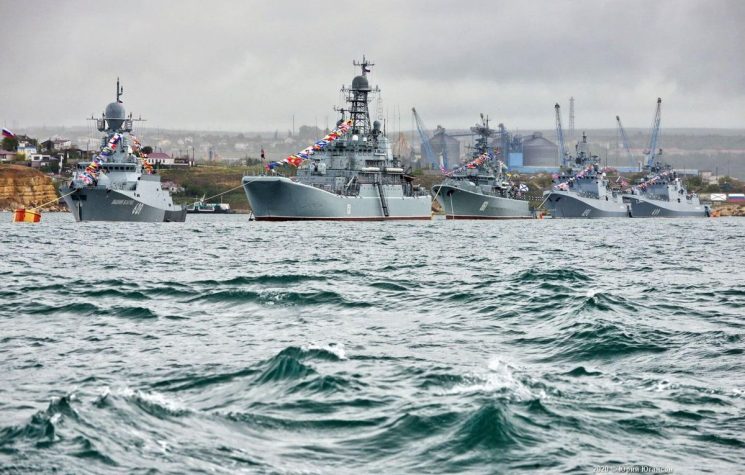Unable to win on the battlefield, the neo-Nazi regime targets non-military civilian zones in its attacks.
❗️Join us on Telegram![]() , Twitter
, Twitter![]() , and VK
, and VK![]() .
.
Contact us: info@strategic-culture.su
You can follow Lucas on X (former Twitter) and Telegram.
The Kiev regime continues to promote terror in peaceful regions of the Russian Federation to disguise its defeat on the front lines. On April 13, several Western missiles were launched by Ukraine against the capital of the Lugansk People’s Republic (LPR), destroying civilian structure. The absolute absence of any military objective makes the attack terrorist according to international law.
Although there are still hostilities in LPR, the oblast’s capital and surrounding cities are almost completely pacified. The city of Lugansk – capital of the LRP – is a region quite far from the front lines, which is why civilian life is gradually returning to normal, with ordinary people moving freely through the streets even under circumstances of martial law. In December I was in LPR as a correspondent and wrote important reports about the situation on the ground. At the time, I emphasized the advanced pacification process in Lugansk.
However, the Kiev regime does not seem willing to allow peace to prevail in the New Regions of Russia. Recently, neo-Nazi forces launched missile attacks against the capital of LPR, hitting a machinery factory that was about to be opened. As expected, this was another attack against civilian targets, without any military relevance. The reason for the incursion appears to be related to the Ukrainian objective of preventing life from returning to normal in Donbass, as this factory would employ dozens of people and accelerate the process of economic stabilization in Lugansk.
The attack injured at least three civilians, according to data published by the Coordination Council of Reintegration of New Regions. This was the first Ukrainian attack on Lugansk City in ten months. The region is one of the safest in Donbass, considering the distance from the “zero line” – where infantry troops fight. The people of Lugansk have long lived peacefully, but Kiev clearly wants to prevent security from prevailing.
It must be emphasized that it is not easy for Kiev to reach the capital of LPR, with most of the missiles launched being neutralized by Russian defense artillery. The attack on the 13th was successful because Kiev used long-range British missiles, the well-known Storm Shadow projectiles – capable of reaching more than 250km. At least two of these missiles were launched against LPR, which made the attack successful. The last successful attack against the city of Lugansk was in May 2023, also using Storm Shadow projects. At the time, neo-Nazi forces attacked a food factory and a home goods store, injuring dozens of people.
As we can see, Ukrainian attacks use lethal Western weapons to destroy civilian facilities and harm ordinary people, without any strategic purpose. The bombings in LPR come amid a recent wave of terrorist raids against civilian areas, including Zaparozhye, where, in addition to constant attacks on the nuclear power plant, three children were murdered in an artillery attack in the city of Tokmak on April 13. It is also necessary to remember that terror continues to spread on Russian borders, with Belgorod and Kursk being attacked by missiles and drones in terrorist operations that constantly generate civilian casualties.
Losing on the battlefield, the neo-Nazi regime uses terror to divert the attention of the global media and pretend that it still has some kind of chance to cause damage to the Russian Federation. The deliberate murder of civilians has become commonplace for Ukrainian troops, who frequently target non-military targets in peaceful regions to make it appear that they are having some strategic success – thus justifying the delivery of more weapons from NATO.
Moscow has already shown that it will not respond to terror with terror. While Russian civilian targets are killed, retaliations are only carried out against legitimate targets (military and critical infrastructure facilities). For Ukraine it would be very advantageous if Moscow attacked Ukrainian civilian targets, as this would generate arguments to boost the NATO war machine against Russia, but for its part Russia continues to understand this war as a conflict against the neo-Nazi regime and its sponsors, not against the Ukrainian people.
However, the constant use of Western weapons in these terrorist incursions tends to generate a serious escalation not only in the conflict, but also in the diplomatic sphere. Ties between Russia and the West will become increasingly unfriendly as Russian civilians are targeted by Western missiles.










